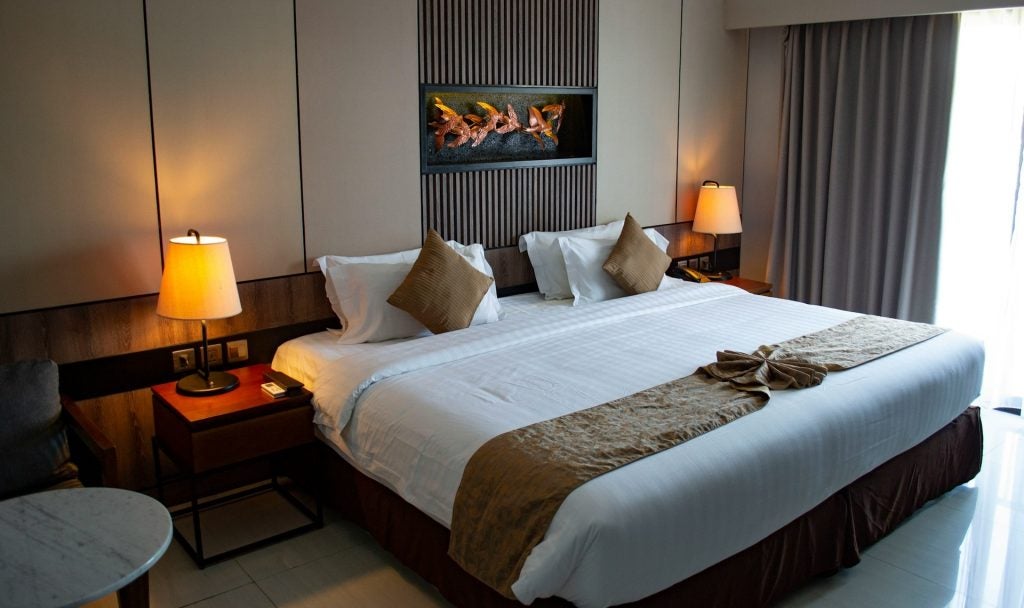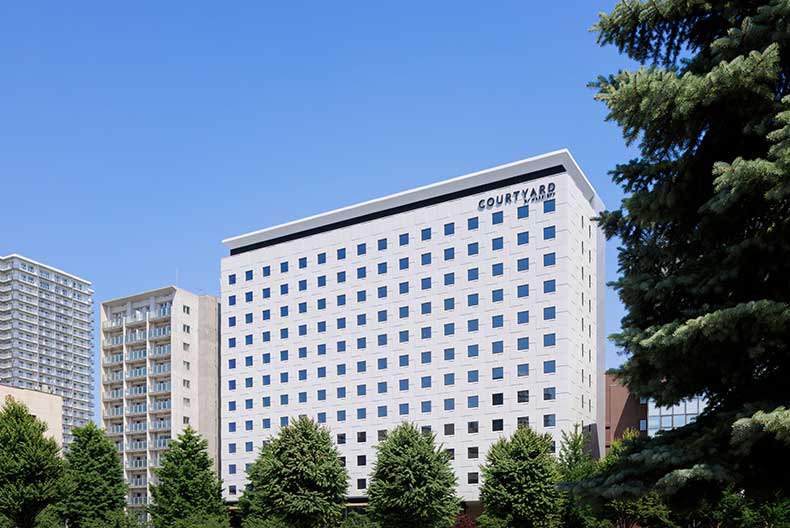
Migrant workers are nothing new to the hotel trade. George Orwell washed dishes in Paris and until the First World War, London employed an extraordinarily large number of German waiters. Today, Eastern Europeans from the new EU states are breathing life into a staff-starved hotel sector.
“Go into any London hotel these days,” says an industry analyst, “and you’ll be very lucky to find an English person. Front office and bar and restaurant staff will be from Eastern Europe, and the majority will be Polish. And it’s not just London: you
can now find the same picture throughout the country. The transformation has been extraordinary.”
A decade ago, many European hotels were facing staff shortages, particularly for unskilled or low-skilled positions. In some countries, most typically Italy, a hotel career is still viewed as attractive.
But even in Italy, the menial work is less popular. In the UK, and to a slightly lesser extent Germany, according to the International Labour Organisation, young people dismiss the industry as offering too little reward for too much commitment.
SHORT-TERM SOLUTIONS
The flood of Eastern European workers prepared to work for the minimum wage into the West European hotel market has helped countries like the UK. However, this could be storing up problems for the future as most of the new migrant workers are only interested in earning a nest egg before returning home.
How well do you really know your competitors?
Access the most comprehensive Company Profiles on the market, powered by GlobalData. Save hours of research. Gain competitive edge.

Thank you!
Your download email will arrive shortly
Not ready to buy yet? Download a free sample
We are confident about the unique quality of our Company Profiles. However, we want you to make the most beneficial decision for your business, so we offer a free sample that you can download by submitting the below form
By GlobalDataStephen Broom, a member of PricewaterhouseCoopers’ UK Hospitality and Leisure team, says: “Hotels have traditionally recruited managers from within. The challenge now is that there may no longer be that dedicated core of staff from which junior and middle managers can be promoted.”
Philippe Rossiter, chief executive of the Hotel and Catering International Management Association (HCMIA), describes this as a ‘black hole’ stretching across Europe: “There is a global concern at the lack of labour. At any one time there are around two million vacancies worldwide. With the industry expected to grow by 4% a year for the next 20 years, there are very clear problems here, which have been masked by the use of migrant labour.”
WELCOMING MIGRANT WORKERS
The UK, Ireland and Sweden were the only EU countries to impose no limits on workers during the last EU expansion, and other West European countries often struggle to benefit from this labour pool.
Daniela Wiezoreck, HR manager for Le Méridien Hotels in Germany, explains that local regulations make hiring Eastern Europeans very difficult. “Any vacancy we have has to be offered via the labour exchange (Arbeitsamt) to Germans first.
“If there are no suitable German applicants, we can interview foreign applicants. Once we have made a choice, we have to apply for work permits, which can take eight to ten weeks. It is, therefore, not unusual that it takes around three months to fill a vacancy.”
Wiezoreck believes that Germany will not have such a problem finding junior and middle managers because of a robust three-year apprenticeship scheme. The German Le Méridiens offer around 50 general and 21 chef apprenticeships each year, and competition is always fierce.
ACHIEVING QUALITY SERVICE
While hotels are aware of the importance of branding, service and consistency, and actively train their staff with these goals in mind, a migrant workforce can result in wasted training.
The quality of Polish workers is considered generally good. They work hard and take very few sick days. The only disadvantage is that they tend to stick with fellow Poles. However, best of all from the employer’s point of view, they are cheap, generally being happy to accept the minimum wage.
Steven Broom explains: “Hotels are desperate for unskilled staff, especially in housekeeping. Unfortunately, the turnover is high and a headache for the HR department. I believe that the outsourcing of cleaning, which has been starting to happen, may really take off in the next year or two.”
INTERNATIONAL WORKFORCE
It can be argued that since hotels have multinational guest lists, it is good to have a similar workforce. Although Norway, not an EU member, has restricted East European workers and there are few in the hospitality industry, Tarje Hellebust, general manager of Oslo’s 700-room Radisson SAS Plaza, is proud to say that 30 nationalities are represented within his 450 staff.
“Most of our workers are Norwegian or from other parts of Scandinavia,” he says. “But in the housekeeping and stewarding departments we have lots of Thais and quite a few from Sri Lanka. In my view, we have a dynamic international environment in which people respect each other.”
Hellebust believes that none of his staff in Oslo is itinerant. The hotel tends to keep its employees and actively promotes internally: “What keeps staff in a hotel is a good management team that identifies the right people in the first place and has the ability to motivate them and make them proud of their product and our service.”
He adds: “You need people who actually want to serve other people. We hire attitude rather than skills. We can always train people to do a good job but we can never train them in attitude.”
Hellebust’s hotels offer three-year apprenticeships to young people. Though now rare for waiters, these indentures are taken up by trainee front office staff and chefs. It is the latter who are the scheme’s real target. “We were having increasing difficulty getting good chefs, so we decided that we would have to grow our own,” he adds.
Clearly, hotel managers need to ensure that they have trained staff not just now, but for the future as well. Knowing how to develop good chefs with the right attitude may be a discovery worth patenting.







